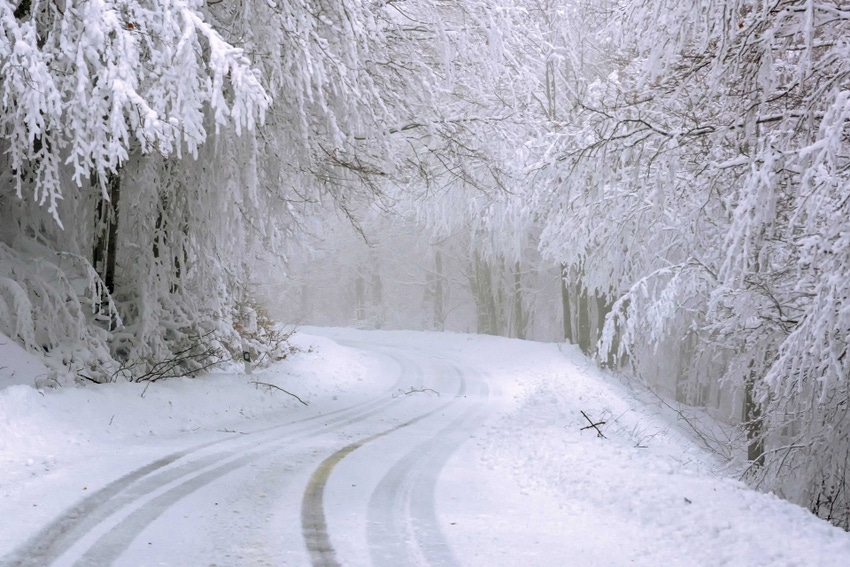Chemical Incident Data Calls for More Attention to Process Safety in Winter
Data shows significant uptick in reportable events during 2022 Q1
December 29, 2022

The U.S. Chemical Safety and Hazard Investigation Board (CSB) released data on chemical incidents reported under the CSB’s “Accidental Release Reporting Rule” during the first quarter of fiscal year 2023 (October-December 2022).
The data shows a significant uptick in reportable events during the quarter, as well as an extremely high number of serious events this past weekend, which saw cold temperatures across the US.
From October 1, 2022, through December 26, 2022, 36 events were reported to the CSB, eight of which occurred during the holiday weekend. This is more than double the number of events for the first three months of the previous two fiscal years--October-December of 2021 (16 events) and 2020 (14 events). Reportable events involve an accidental chemical release resulting in a fatality, serious injury, and/or substantial property damage.
“With record low temperatures across much of the country this past weekend, the CSB saw an unprecedented uptick in reportable events,” said Steve Owens, CSB chairperson. “This may be partly due to the unique safety challenges posed by cold weather, but regardless, companies need to heighten their focus on safe operations and recognize that taking important precautionary actions, like winterization, can help prevent major chemical accidents.”
It is crucial that chemical facilities are prepared for safety challenges posed by cold weather. Water freezing and expanding can crack or break pipes, damage equipment, or cause instrumentation to fail.
More subtle hazards may also exist, such as the formation of a hydrate, where water chemically combines with a compound, which can also expand and block process piping. Facilities’ process safety management programs--including hazard reviews, management of change evaluations, pre-startup safety reviews, and operating procedures--should reflect a year-round focus on how low temperatures may affect piping and other equipment and instrumentation.
Watch the CSB's Winterization Safety Message
Please visit our website, www.csb.gov
About the Author(s)
You May Also Like




